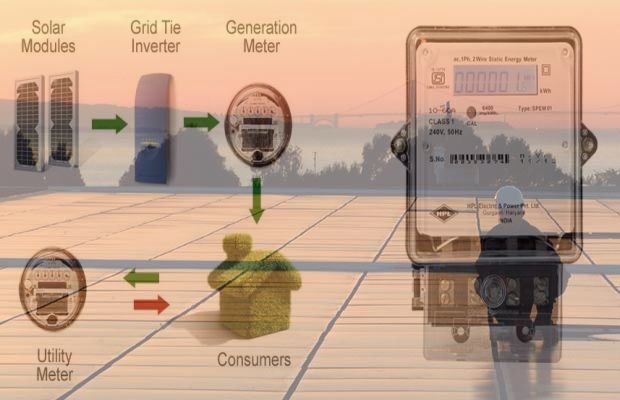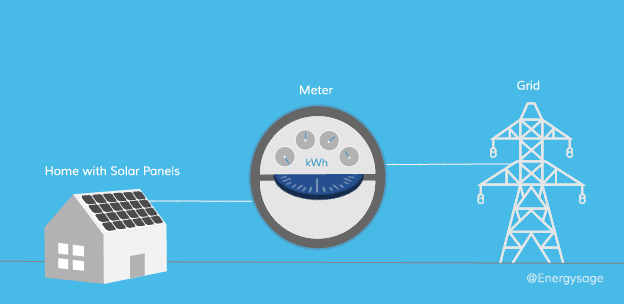Net metering allows developers to sell electricity to the grid and deduct its value from their bill for the power drawn from the distribution company.
The government encourages this system to promote renewable energy, but discoms in several states are hostile to this because they lose revenue for each unit of privately generated power.
Developers of solar rooftop projects have challenged the Karnataka power regulator’s order in December seeking to do away with net metering for commercial and industrial consumers.
Major developers including Amplus Solar, Fourth Partner Energy, Renew Power and Cleantech Solar have separately moved the Appellate Tribunal for Electricity against the order, people in the know said.
The developer said KERC’s (Karnataka Electricity Regulatory Authority) December 9 order went against the spirit of the Electricity Act 2003, and if implemented it would strengthen the monopoly of discoms.
The KERC has ordered gross metering instead of net metering, where two separate unidirectional meters are installed — one for the power the entity buys and consumes from the discom, and the another for the power it produces and supplies.
The tariff for the power supplied by the discom is likely to be much higher than the tariff at which it buys power from the same consumer, according to developers.
The KERC order pays lip service to the importance of renewable energy, but its content in fact discourages it, industry insiders said.
The KERC order includes a proposal to levy an additional surcharge and a cross subsidy surcharge on rooftop projects. “The commission is also of the view that the sale of energy by the third-party investor to the consumer attracts the payment of cross subsidy surcharge and additional surcharge,” the order says.
Such charges have not been imposed on rooftop projects anywhere else in India so far and “doing so would increase the tariff by 60%”, the developer said.
Reference- Economic Times, Financial Express, Mercom India








